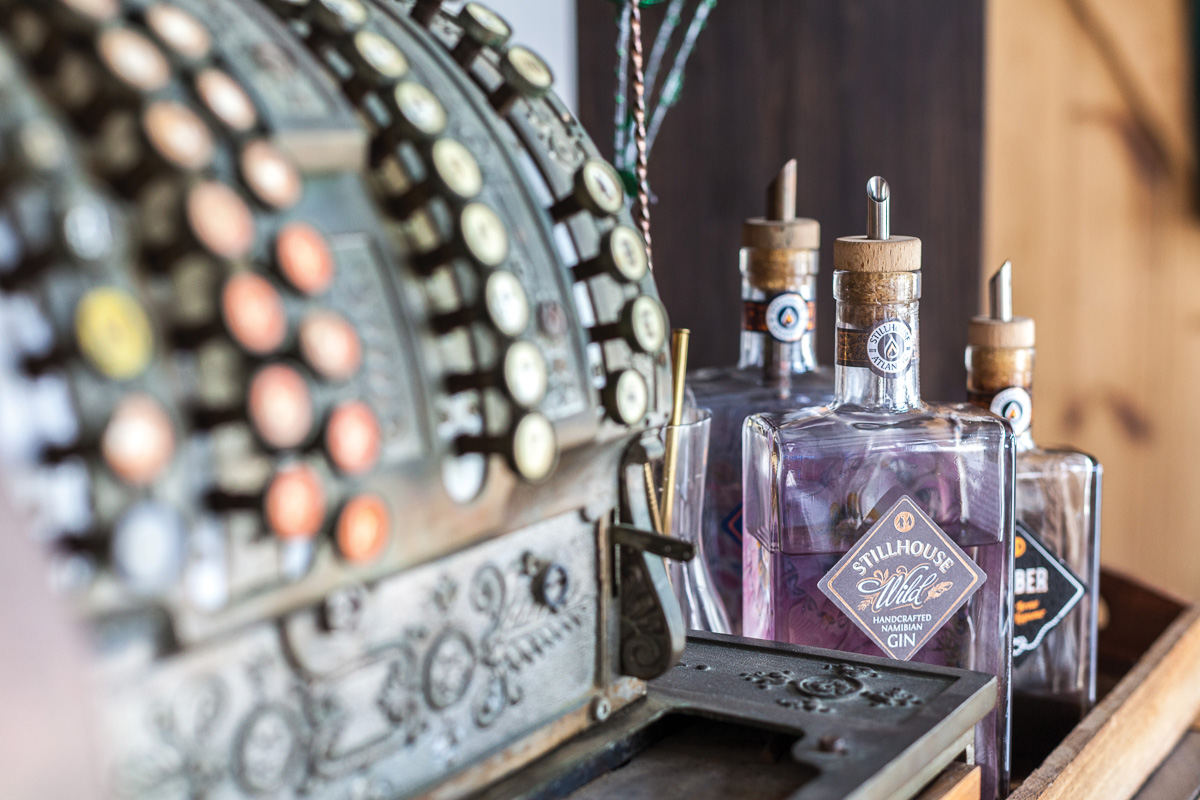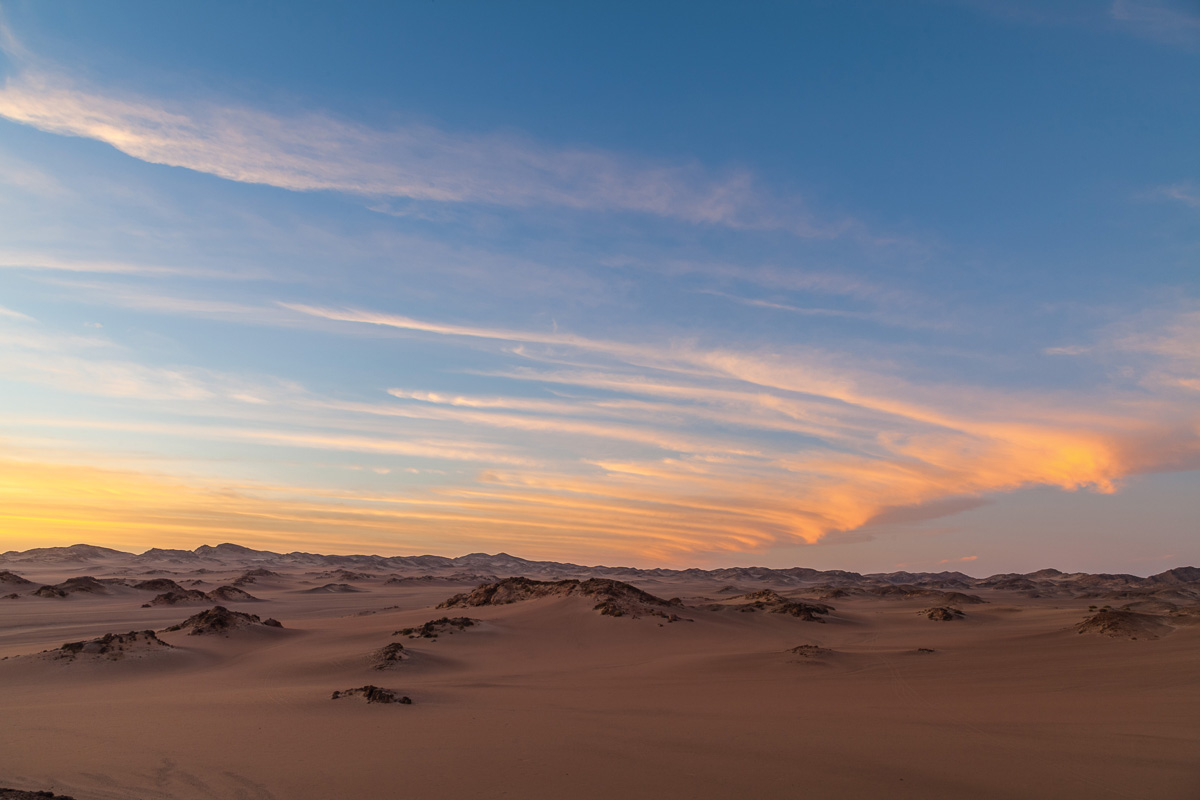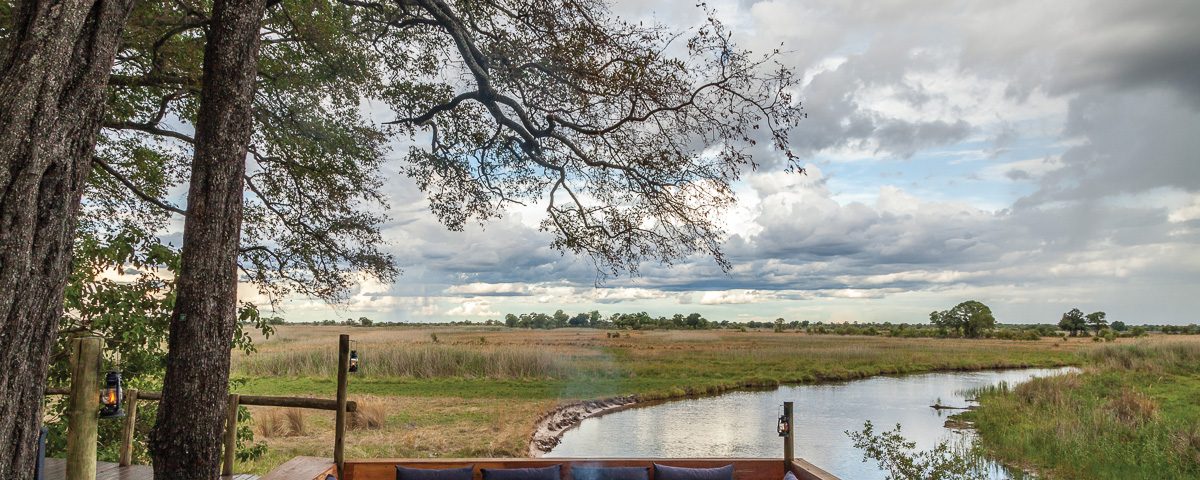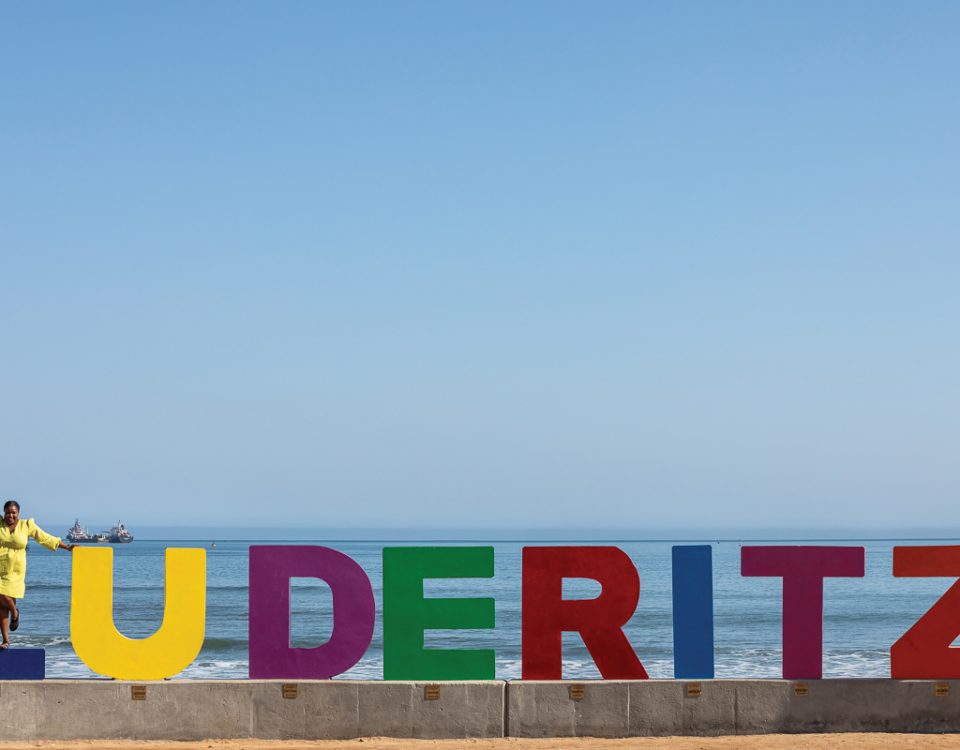
Stillhouse Gin Capturing the Spirit of Namibia
March 26, 2020
Photography Feature: Le Roux van Schalkwyk
March 26, 2020Text Elzanne McCulloch Photographs Le Roux van Schalkwyk
We meander through the wet and green wonderland that is Bwabwata National Park. Our guide Eustace regales us with anecdotes from his childhood, imparting important bush life skills to our city selves. I awoke this morning to the soft pitter-patter of rain on the canvas roof of my luxury tented suite. Everything is so different this morning. My mind immediately senses it. There is no sound of an alarm clock. No feeling of weary acceptance of yet another ‘everyday’. There will be no rush hour traffic to the office today. No meetings in boardrooms. No routine.
Today will start with that crucial first cup of coffee – with a view that is so far out of the ordinary, my brain will find it hard to catch up. The green sheen of nature is all my eyes can absorb. My alarm clock is the sound of an African tree squirrel chirping away on the wooden deck porch outside my tent. My only scheduled meeting for the day is with my guide Eustace – and a game-drive vehicle. The only possible traffic we might encounter is a herd of 50 or more elephants as they pass through this wild corner of north-eastern Namibia. No, today will most certainly not be an ‘everyday’.
In the far north-eastern reaches of Namibia, in what used to be known as the Caprivi Strip, now the Zambezi Region, an unparalleled wilderness is hidden. This riverine woodland region, so often overlooked for Botswana’s more well-known delta, is one of the truly special gems in Namibia’s vast arsenal of safari experiences. The Kwando River has its catchment area in the central Angolan plateau and along the slopes of our northern neighbour’s Mount Tembo. From there it meanders down toward Botswana, crossing Namibia at the ‘hand’ of the country’s protruding ‘arm’. Here it creates a border between communal conservancies and Bwabwata National Park. And it is here, in this wild conservation area, that African Monarch Lodges runs two very special establishments. Nambwa Tented Lodge and Kazile Island Lodge are the only two lodges found within the park. They cater to luxury and adventure tourist profiles alike and offer the most spectacular escape for those who want to truly enjoy the natural treasures of the region.
Owned and managed by Dusty and Tinolla Rodgers, these havens were created on the principles of responsible tourism. They employ staff from the neighbouring communities – individuals who not only know the region, but have a unique appreciation for and understanding of it. The lodges themselves were built to support and not obstruct the flow of nature, with Nambwa Tented Lodges’ wooden walkways raised high enough to allow the multitude of elephant inhabitants right of way.
The Rodgers have taken responsible tourism even further with the founding of The Sijwa Project in collaboration with the Mashi and Mayuni communities who live along the park. The Sijwa Project is a sustainability enterprise like no other nearby. Recycling, repurposing, an indigenous tree nursery, permaculture systems and much more, the aim of The Sijwa Project is to empower local community members and sustainably utilise waste from the lodges, as well as produce fresh produce for the lodges and the local people.
In late 2019, Sijwa welcomed the introduction of its first indigenous trees for its nursery and aquaponics project. Guests at Nambwa Tented Lodge and Kazile Island Lodge are encouraged to buy and plant trees to offset their carbon footprint. The construction of a permaculture system that will involve vegetable and fruit farming, a chicken coop, beehives and much more, is also underway.
An island for change in the heart of KAZA, the largest conservation area of its kind in the world. With African Monarch Lodges the Rodgers see it as their responsibility to proactively preserve the natural haven they call home. To affect change not just around them, but also among the people they share the land with, and without whom they would not be able to appreciate, enjoy and share the beauty of the Zambezi Region. As they put it: “As lodge owners we are custodians of some of the last species in the wild. We take this seriously.”
Tel: +264 81 125 2122
Email: reservations@africanmonarchlodges.com
This article was first published in the Autumn 2020 issue of Travel News Namibia.


